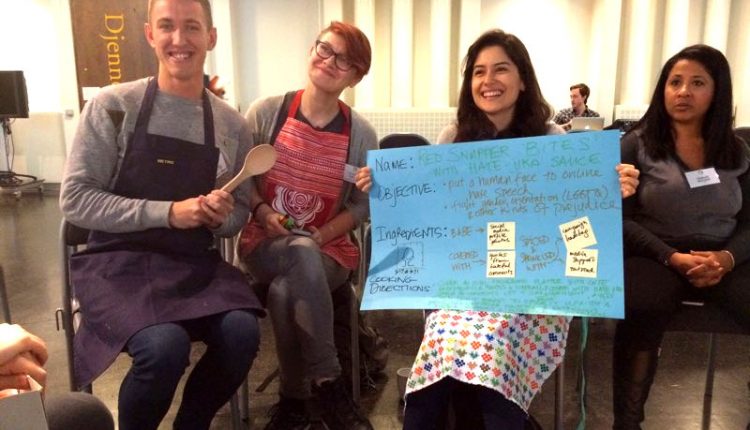IT technologies and gender equality were discussed on the forum in Sweden
On October 21 and 22 4th International Stockholm Internet Forum (SIF) took place in Stockholm.
This Forum is held every year for profound dialogue and discussion on how open, free and safe Internet can promote the development and protection of human rights. This year issues of economics, technologies, politics and human rights with special focus on gender equality were discussed in frames of access to Internet discussion.
Why the gender equality? Let’s have some statistics. In Europe and Central Asia the number of women using Internet is 30% less then number of men. Less than 20% of people in IT field are women. Only 3 women out of 5 can read in third world countries, so they can’t have access to Internet.

Pre-conference in SIDA office (Swedish International Development Сooperation Agency) preceded the Forum, with participants of working groups discussing some important issues. Special attention of discussion on decision making was paid to the access to information, Internet, education and authorities for women. However, the participants of the pre-conference had to form groups for discussion because of different nature of the problems of different countries. For example, some African countries hardly have network coverage therefore only few people have access to Internet. Central Asian countries have the possibility to connect to the network, but women in general have limited access to education and to Internet.
In the evening pre-conference members participated in the formal party in Stockholm city hall. Vice-Mayor of the city Daniel Helden welcomed the guests, telling about the importance of having such Forum and about the need in free access to Internet irrespective of the sex of users.

The conference included plenary sessions and workshops that could be classified into three directions: IT, politics and activists activity. During the first day parallel sessions were held dedicated to the implementation of legislation protecting equal access to the Internet, gender and leadership in IT, human rights protection and online security. The second day covered the issues of broadening women options in economics and IT and Internet as a tool of gender based violence. The access to Internet in third world countries was also discussed.
Yuri Yoursky, the program director of Gay Alliance Ukraine who took part in the conference, noted the particular importance of the workshop of Amir Ashur, the founder and director of IraQueer. He told how helpful Internet-technologies are for encouraging LGBTQI+ community in Iraq and emphasized that you can unite the community even when the situation is as hard for LGBT rights as it is in his country.
Автор: GayAllianceUkraine

